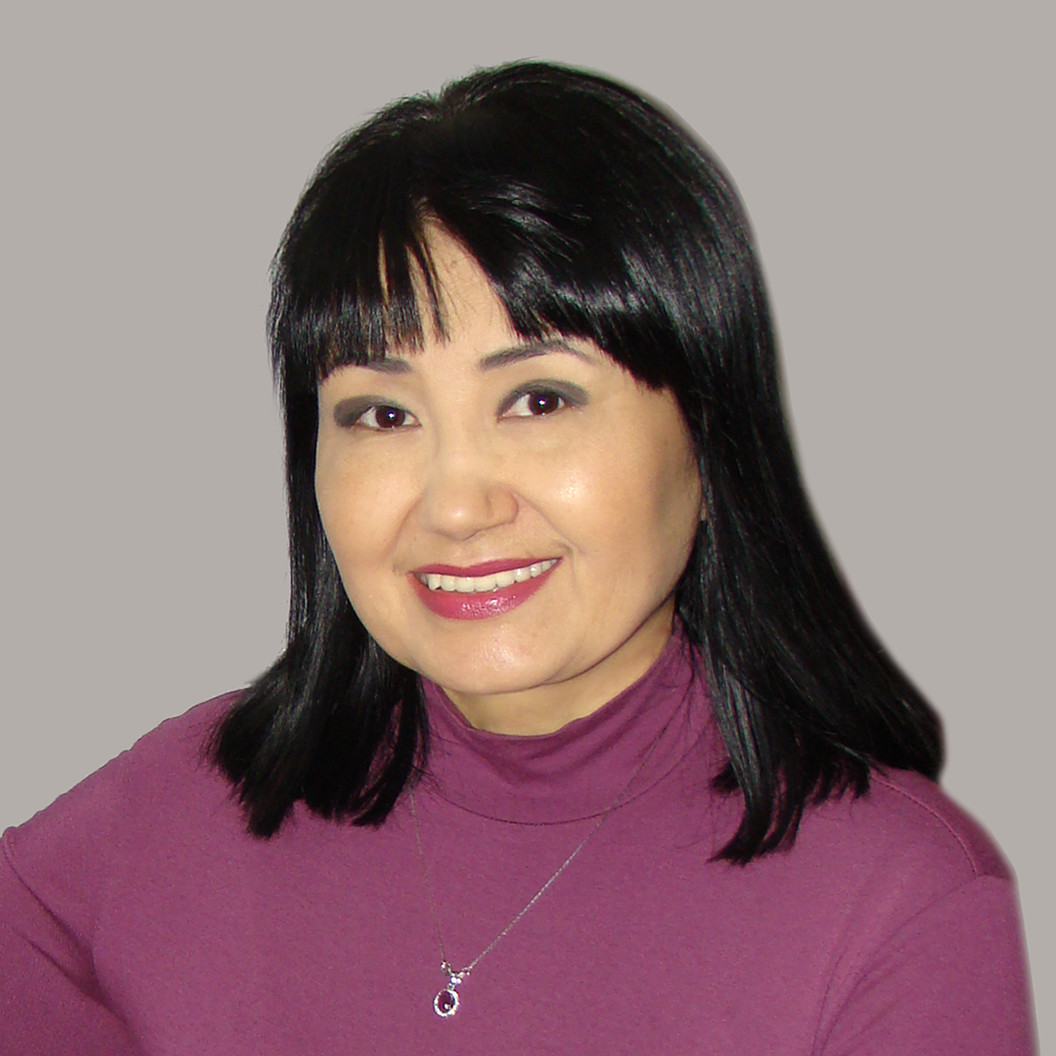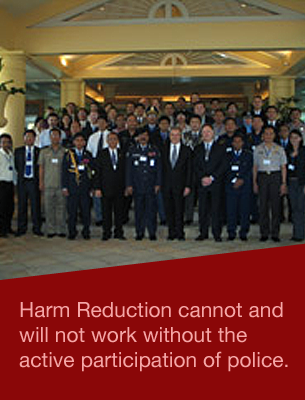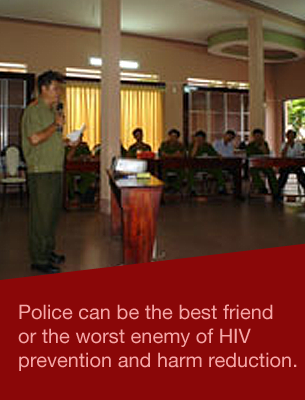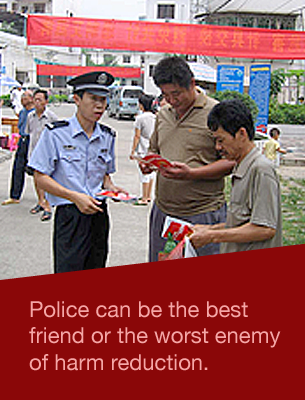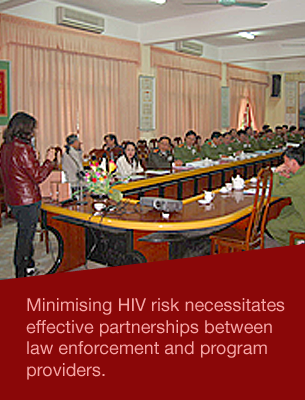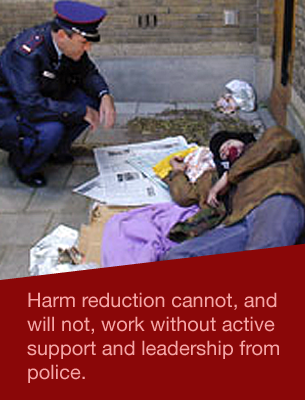Little strokes fell great oaks: women from the PWUD community meet with Gulsara Aliyeva, a retired police officer
Read the article as originally published by the Eurasian Harm Reduction Network
On January 14, 2015, a meeting with Gulsara Aliyeva, a retired police officer and a Country Coordinator at the Police and HIV Network, took place at NGO Asteria. It was unusual for women from the PWUD community to be in the same space with a police officer; these women are used to being treated as lawbreakers and criminals. It was a bit unusual to discuss our concerns, that is to talk about violence perpetrated by police officers as well as violence against women overall (for example, domestic violence).
Gulsara provided us with a lot of important and useful information. She began by telling us about herself and her work; currently she is a Board member at the Association of Women Police Officers of Kyrgyzstan. Gulsara spoke a lot about various kinds of domestic violence and the law on domestic violence; she also recommended referrals for women who have suffered from this type of violence. The importance of calling the police in case of domestic violence was emphasized, specifically the importance of calling a district police officer who will make an effort to prevent further violence and issue a restraining order if needed.
During this discussion we thought it would be necessary to issue a leaflet with instructions on how a restraining order works, including the steps to be taken to obtain it. Unfortunately, Gulsara cannot provide detailed steps to obtain a restraining order, because that requires a practicing lawyer or a district police officer. We have decided to issue the leaflet ourselves.
Police violence was another issue discussed at the meeting. Gulsara told us about the oversight bodies that control the work of the law enforcement agencies. She also shared information about how women should act if their rights have been violated by police officers:
- First, it is necessary to address the direct supervisor of the police officer with a complaint or a statement.
- If the direct supervisor does not take any steps to address his / her subordinate’s behavior, it is necessary to turn to the prosecutor’s office or the Security Bureau.
- When submitting a statement, it is necessary to ensure it has been registered properly. It is also necessary to copy it.
After the meeting we talked to the women – it was important for us to obtain their feedback on the event as this meeting was the first of its kind. The women liked both the format and the location, and they were also happy that Gulsara had used plain, accessible language when talking to them. The women did not feel like they had been talking to a former police officer as Gulsara had created a rather friendly atmosphere. Yet, as the women told us, they still had doubts and were afraid to complain or produce statements accusing police officers of violence. This is really understandable as the law on witness protection does not work in our country and the women may experience pressure at any point.
Still and all, such meetings need to be organized. As one of the participants said, “Little strokes fell great oaks. Maybe one day we’ll get rid of our fear and will be able to defend our rights ourselves. The most important thing is to learn how to do that.”
This event turned out to be another small but important step in the three-year campaign “Women Against Violence”organized by the Eurasian Harm Reduction Network jointly with its partners in 16 cities in EECA. The campaign focuses on building the capacity of women who use drugs to protect their rights and combat police violence. Events such as this meeting with Gulsara Aliyeva clearly demonstrate the importance of work done by the campaign participants and the resulting changes (however slow and small they may seem) in the lives and world view of women who use drugs.


